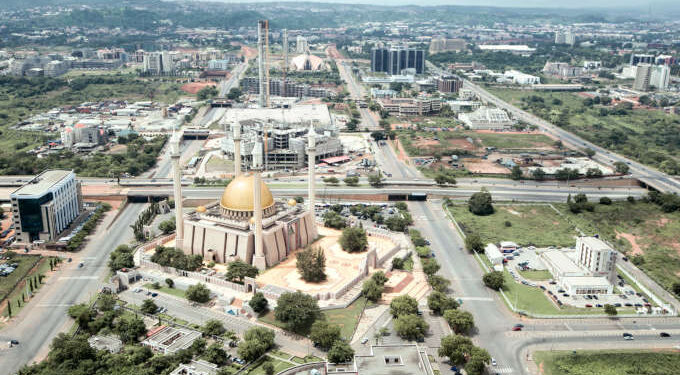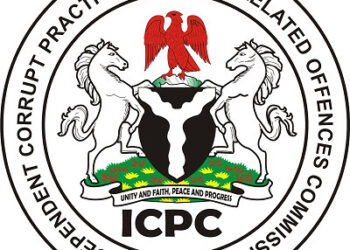Many civil servants and residents in the Federal Capital Territory (FCT) say the rising cost of living affects their health and dignity, leaving them struggling to cope with daily expenses.
They told journalists on Sunday in Abuja that they had no option but to seek cheaper, often dangerous, means of commuting to and from work.
Hassan Yusuf, a civil servant living in Gwagwalada and working in the Central Area, said his monthly transport fare now exceeded his food budget.
“Before, I used to spend about N700 daily on transport, now it is over N1,500. This is more than half of my salary gone just on transportation,” he said.
Also, Agnes Pelumi said at the close of work these days, she joined other workers to climb onto the backs of open trucks or overcrowded commercial vehicles.
“These risky practices are a desperate attempt to cut transport costs, which have become an increasingly significant burden amid a growing inflationary environment and to save for other basic needs.
”We pray the government and all relevant bodies will come to the aid of the poor Nigerian as the situation is getting unbearable,” she said.
Florence Ajekwe, another civil servant residing in Lugbe, reiterated the need for the government to come to the aid of Nigerians, especially civil servants.
”Nigerians are struggling, civil servants go to work every day and spend the better part of their meagre salaries on transportation, we need urgent help,” Ms Ajekwe said.
A cleaner, Chinyere Okafor, who resides in Nyanya, said the situation was worse for workers in the informal sector.
“We are barely surviving. I have to leave home by 4:30 a.m. to queue for cheaper buses. If I miss those, I pay almost double the fare for small taxis, which is outrageous,” Ms Okafor said.
A commercial driver, Musa Abdullahi, attributed the hike in fares to increased fuel prices and vehicle maintenance costs.
“We are not happy increasing fares, but fuel is expensive, and we also pay levies to various unions daily, aside from increasing the cost of car maintenance,” he explained.
The commuters urged the government to reintroduce subsidised mass transit buses and regulate fare charges across the city.
Segun Alade, a teacher, urged the government to redeem its pledge to Nigerians by providing the subsidised public buses it promised to ease transportation for workers.
According to the latest report from the National Bureau of Statistics (NBS), Nigeria’s Consumer Price Index (CPI) rose to 119.52 in April 2025, reflecting a 2.18-point increase from March 2025.
Although the headline inflation eased slightly to 23.71 per cent in April 2025, from 24.23 per cent in March 2025, prices remain at historically high levels.
This persistent inflationary pressure squeezes household budgets, leaving many Nigerians struggling to afford essentials, including transportation.
An economic expert, Andrew Nwakama, said, “Transportation costs form a significant part of monthly expenses for civil servants. With fare hikes justified by rising fuel prices and maintenance costs, many workers face a painful choice.
“The social impact extends beyond individual workers. When civil servants spend hours daily in dangerous commuting conditions, productivity can suffer, and workplace morale declines.”
According to Chinedu Justin, a public servant, addressing these challenges requires coordinated efforts from policy-makers, transport unions, employers and the government at all levels.




































